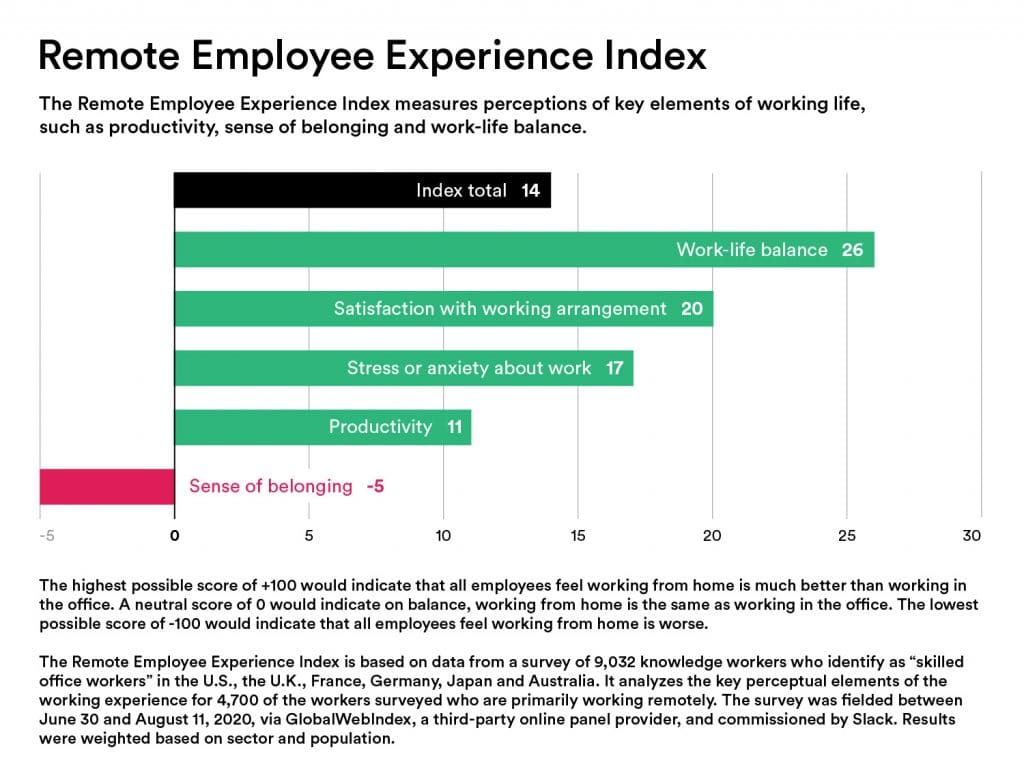Since the COVID-19 pandemic affected our lifestyle in 2020, almost every employee went through the “work from home” phase with many still pursuing it as a permanent option. In a number of countries, the percentage of people working from home has quadrupled in the past 18 months. Finland, Luxembourg and Ireland are among the countries with the highest share of remote workers with over 20% still working for jobs with work from home option.
Now, the future of flexible working options is gaining more and more popularity as there’s no sign of the pandemic coming to a full stop anytime soon. A poll conducted by Slack found out that almost a third of UK workers would be less optimistic about applying for a job if it didn’t offer a remote working option. It seems like Portugal has taken the lead in this matter by publishing their “Green Paper on the Future of Work” that outlines measures for remote and hybrid working to be offered as an automatic provision by employers.

The Portuguese deputy secretary of state of labor, Miguel Cabrita has now urged other European countries to regulate the policies to allow remote working as a compulsory option as quicker the action is taken, more opportunities will arise which will reduce the risks.

Irene Mandi, head of employment unit of EU labor agency Eurofound also backed the idea of remote work and said that it’s the “new normal” during the pandemic. “Some parts of the work should continue to take place this way after the crisis,” she said. She also highlighted the advantages of remote working such as higher worker inclusion, increased flexibility and autonomy and a better work and family life balance.

Even with the new norm of remote working, there are still departments that cannot fully switch to this option yet and have to make do with physical presence for the time being.


